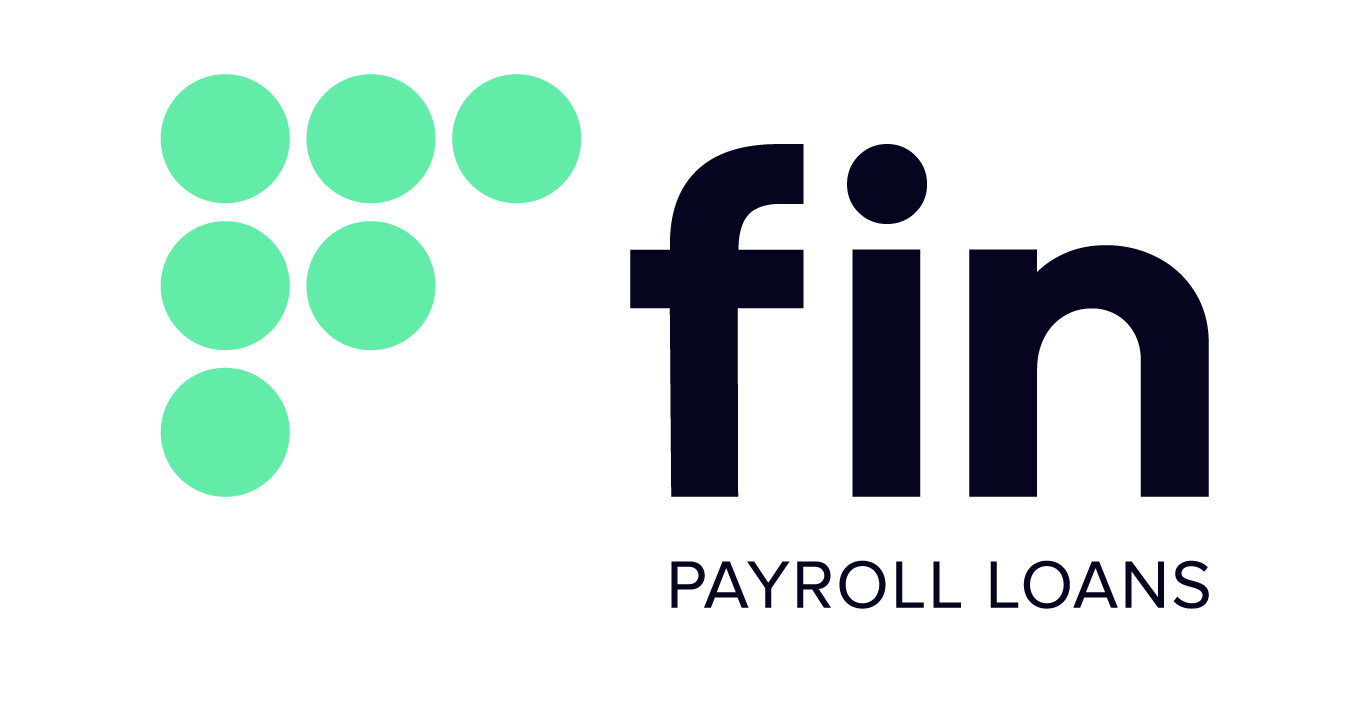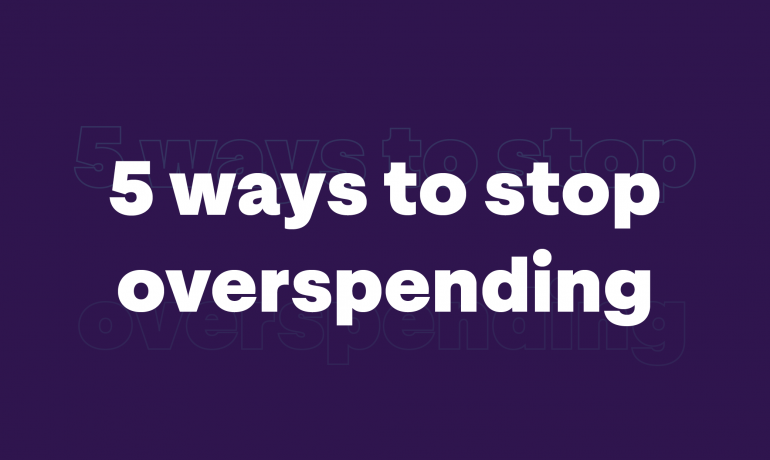Does Numeracy Affect Your Financial Well-being?
The cost-of-living crisis has contributed to a staggering amount of financial stress. As a result, people now want their employers to focus as much on financial well-being as on mental and physical health. As employers now urgently turn to financial wellness programs to support their employees. A recent report exposed a hidden but severe barrier to achieving positive financial well-being in the workplace: low numeracy skills plague workforces worldwide.
What is financial well-being?
Financial well-being is about much more than having enough money in your bank account to cover the bills. It’s about understanding how your financial decisions affect your life and how you can use your money to achieve your life goals. It’s about being confident in your money management skills, no matter what stage of life you’re at and what stage of your financial journey and understanding your options when managing your finances. Financial well-being is also about being resilient and having the right tools if things don’t go as planned. It’s about surrounding yourself with people who support you and help you make intelligent decisions with your money.
Numeracy and your financial well-being
Financial literacy is a broad concept; although it’s only one aspect of literacy, it can impact your economic well-being. A lack of numeracy could lead to other financial issues, such as adopting a sub-optimal insurance plan or failing to understand a financial product’s terms and conditions, which could knock your financial well-being.
Numeracy is essential in risk assessment, such as assessing the risk of default on a loan and the risk associated with a particular investment. Suppose you have difficulty evaluating the riskiness of certain financial products. In that case, you may be more likely to take on too much risk and end up with a sub-optimal financial portfolio and reduced financial well-being.
The problem with poor numeracy and financial well-being
A major problem with poor numeracy and financial well-being is that it may lead you to make poor decisions and end up with a sub-optimal financial portfolio. This could leave you short of money during important life events, such as retirement or emergencies, and reduce your financial well-being. Numeracy is critical concerning risk assessment. If you don’t fully understand the terms and conditions of a financial product, you might mistakenly think it’s less risky than it is, making it more likely that you’ll select it. If you change circumstances, the product may no longer suit your situation, leading to further financial difficulties and reducing your economic well-being.
How can you increase your financial numeracy?
If you have poor financial numeracy, the first step is identifying and dealing with the root cause. Are you not practising enough, or do you have an underlying problem that needs addressing, such as dyscalculia? You can quickly increase your numeracy skills by practising more if it’s the former. You can find numeracy resources online, take part in online quizzes, or join a local money management club. If you have dyscalculia, this disorder impairs your ability to use numbers and calculations, even if you’ve practised a lot. It’s estimated that anywhere between 2% and 5% of the population have dyscalculia, and it can affect people of all ages, although it’s more common in children and young adults.
Conclusion
Financial decision-making does not only consist of possessing financial terminology. It also involves mathematical calculations. Therefore, low numeracy levels contribute to various undesirable outcomes concerning personal financial well-being and the economy. According to a case study, low numeracy is associated with a 4.8% reduction in financial literacy, while a high level of numeracy is associated with a 5.6% incre








